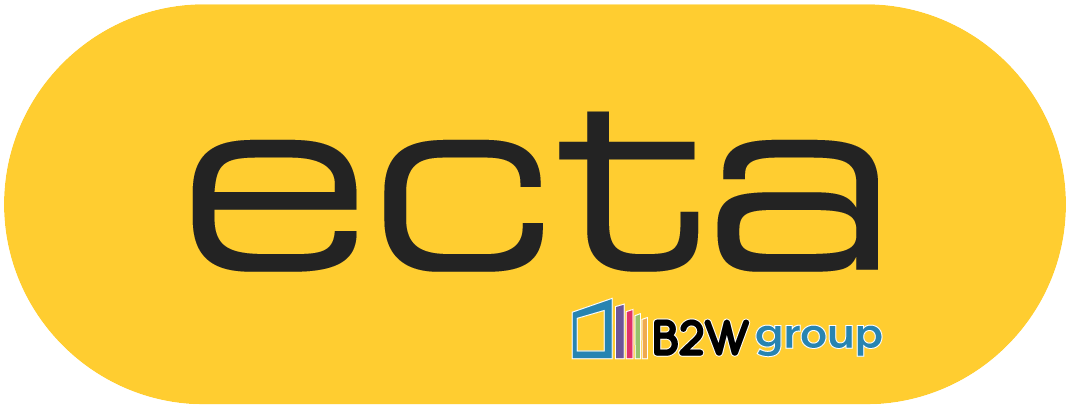The average UK water bills to rise by £8 a year from April this year, but some households will see their costs rise by double that, according to new figures. This follows on from an average hike of £9 in 2018/19, meaning that the average household will pay £415 for their water. However, according to a statement by Water UK, bills have actually fallen by more than 5 per cent in real terms (after factoring in inflation) since 2015.
Helping your customers deal with the rise in UK water bills
This week, we shall discuss the increases announced in some areas of the UK and explain how the average bill is calculated. We also have a handy guide so that you can help your customers reduce their water bill in the future.
Average UK water bills around the UK
Yorkshire Water expects to see the biggest hikes, with the average water bill rising by £16 (4 per cent). Second to this is Welsh Water, with an increase of £13, followed by Thames Water at £12. At the bottom end of the scale, Severn Dee and Southern Water will hike their prices by just £1.
How the average water bill is calculated
A household’s water usage may not actually have much correlation with its water bill. This is certainly the case for those who do not have a water meter. In this case, the bill will be made up od a fixed charge and a charge based on the ‘rateable value’ of the home. This is the local authority’s assessment of the rental value of the property in question.
Unfortunately, these ratings took place between 1973 and 1990, so they’re not exactly up to date. The homeowner cannot appeal if they believe that the rateable value is too high. This bill is out of their hands and has no relation to how much water they use. This can be great for homeowners who use a lot of it, but not for those who don’t.
In this event, you could recommend to the homeowner that they switch to a metered bill. This will allow them to only pay for a mix of a fixed charge and a volumetric charge. This will mean that the total bill will depend on how much water they use. It’s also worth informing them that a water meter does not need to be permanent. They have the ability to switch back to unmetered within the first 12 months, so it could be worth trying!
Helping your customers cut their water bill
If your customer is on a water meter, then there are things they can do to reduce their bills. These could be simple things such as taking a shower instead of a bath, switching the tap off when they brush their teeth. The more habits they change, the bigger the impact they will all have on the bill.
Even for homeowners who are not on a water bill, there are still ways to save. Be sure to let your customers know about reward current accounts that pay cashback on a range of household bills. The savings may not be huge, but it does add up.
Water training with ECTA
Your customers are likely to turn to you for advice as well as assistance, so it pays to keep this information in mind. For everything else, it’s important to stay up to date with the latest training so that you can provide the best service possible. Check out our courses and get in touch for more information.
